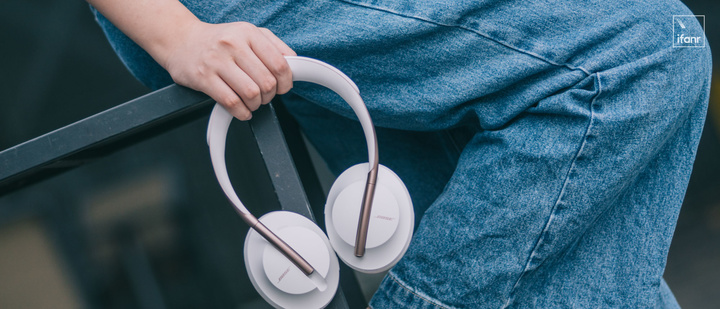While everyone was laying off, the well-known audio brand Bose couldn’t sit still. They are also laying off staff, but Bose’s focus is not on layoffs, but on closing stores, which is an important part of their future strategy.
Recently, Bose has announced that it will close 119 offline retail stores in North America, Europe, Japan and Australia in the coming months, a decision that will cost hundreds of brick-and-mortar employees to lose their jobs.
Since the first physical retail store opened in 1993, Bose has retail stores around the world. This decision caused most Bose retail stores to be closed and only China, India, South Korea, Southeast Asia and other countries will continue to operate.

Bose Vice President of Global Sales According to Colette Burke :” Originally, our retail stores provided a channel where people could experience, test and discuss multi-component based , CD, and DVD home entertainment systems … At the time, this (opening a retail store) was a radical idea, but we focused on thinking about what our customers need and where they need it. We are doing the same thing now. This decision is difficult because it affects many of Bose’s offline retail teams and they make us proud every day. “
Bose did not disclose the exact number of employees who were forced to lose their jobs as a result of the decision, but they said they would provide reemployment assistance and severance payments to the affected employees.

Of course, the most noteworthy part of this decision is the sentence in Bose’s statement “given that the particular market (audio speakers) is shifting shopping to a huge online shift.”
This sentence means that more and more Bose products have been sold online in recent years. Although offline is still an important place for branding and user experience, its importance has been greatly reduced. So Bose decided to close the store and focus more on online sales.
In fact, not only the audio industry is trending towards online shoppingThe economic environment has affected almost all offline retail stores and brands. Many department stores in the UK have been sold in recent years, and the chances of changing hands can make people feel “cold” offline. House of Fraser, Harrods, Liberty London and other well-known old department stores have lost their former prosperity.
And more and more clothing retail giants are also thinking of renting on behalf of sales, using rented clothing to find new growth points. All brands are now talking about online, bringing offline fans online, buying online, offline experience, online and offline linkage to provide services.
International management consulting firm AT Kearney thought that Gen Z could revive brick-and-mortar stores . But from the current trend, it is too early to talk about the recovery of physical stores today.